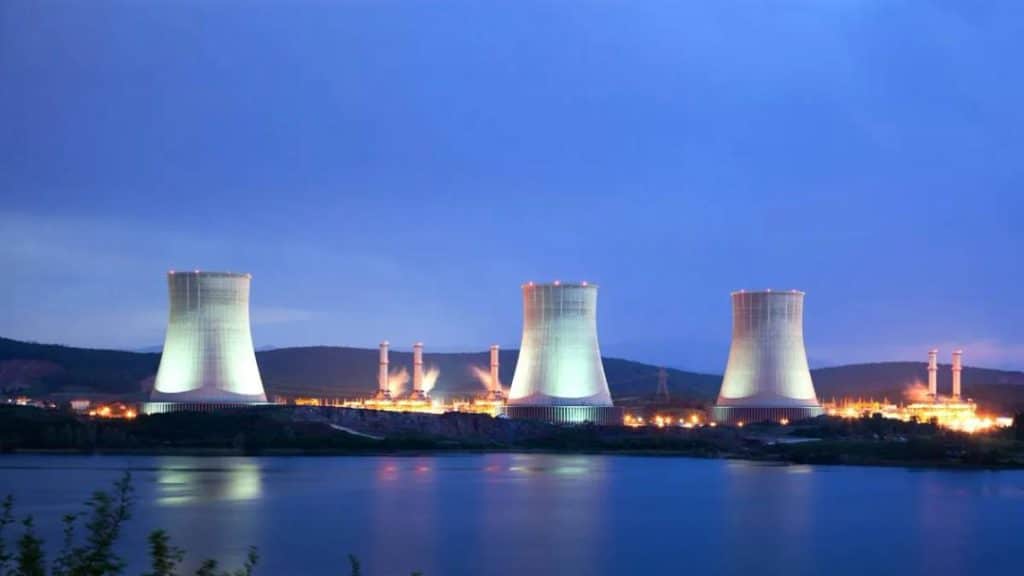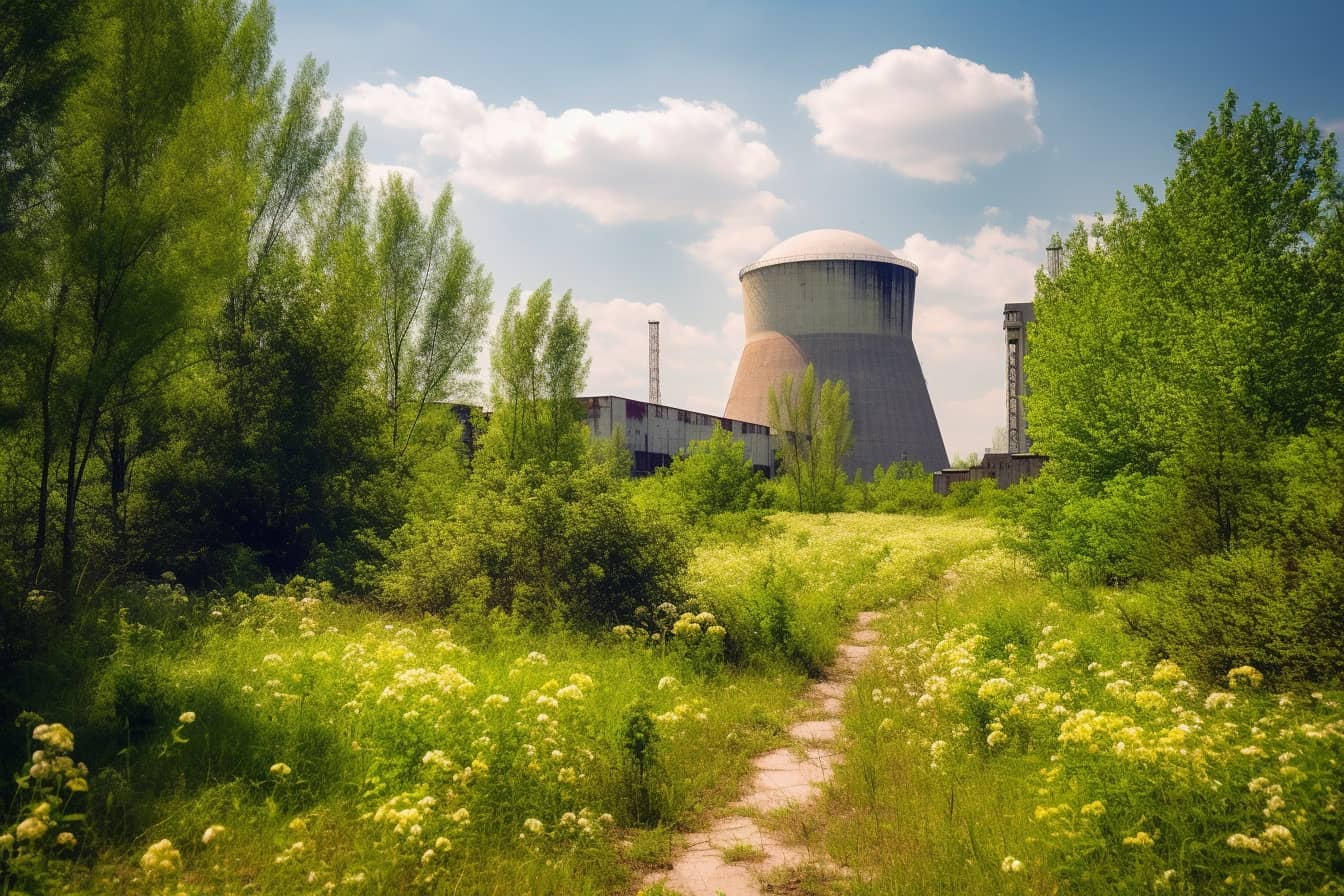It seems that the lights in the last three nuclear power plants are about to go out permanently in Germany. As reported by Reuters, Isar II, Emsland e Neckarwestheim II will be closed by Saturday, in view of a 100% green future by 2035.
Daughter decision of Fukushima
The recent conflict in Ukraine seemed to have rekindled interest in nuclear power. It could be an alternative to fossil fuels imported from Russia, and the fear of energy shortages for next winter still keeps the Germans on tenterhooks, however. A survey by the Forsa institute reveals that two thirds of those interviewed would be in favor of extending the life of nuclear power plants.
Nonetheless, the German authorities decided to keep going.
Nuclear power plants in Germany, on the other hand, had been in the process of being decommissioned since the 70s, when a coalition government including the Greens introduced a law for a progressive closure of the plants by 2021. The latest “blow ” to public opinion, the terrifying catastrophe of Fukushima, is already more than 10 years old.

And now how do you do it?
The numbers at the moment seem to prove the supporters of green energy right: already in 2021, nuclear power has covered only the 6% of German energy needs, while renewables they reached 44%.
Some argue that Germany will eventually have to return to nuclear power if it is to completely phase out fossil fuels by 2045. Rainer Klute, president of the pro-nuclear association Nuklearia, says that without nuclear power plants Germany will be forced to depend on coal and gas.
On the other hand, the problem that is still open is that of nuclear waste. Second Wolfram Koenig, head of the Federal Office for Safety in Nuclear Waste Management, it will take at least another 60 years to dismantle the plants and ensure safe long-term storage of radioactive materials.
Goodbye plants: a courageous choice, and a debate that doesn't end here
With the closure of the last three nuclear power plants, Germany is betting everything on renewable energies. A choice that is not easy, not obvious, destined to still suffer pressure and echoes of the debate between those who support nuclear power as an intermediate solution and those who focus exclusively on green energies.
Two challenges remain: how to overcome the energy gap in the coming years, and how to dispose of nuclear resources.
In the meantime, march forward into the future.


